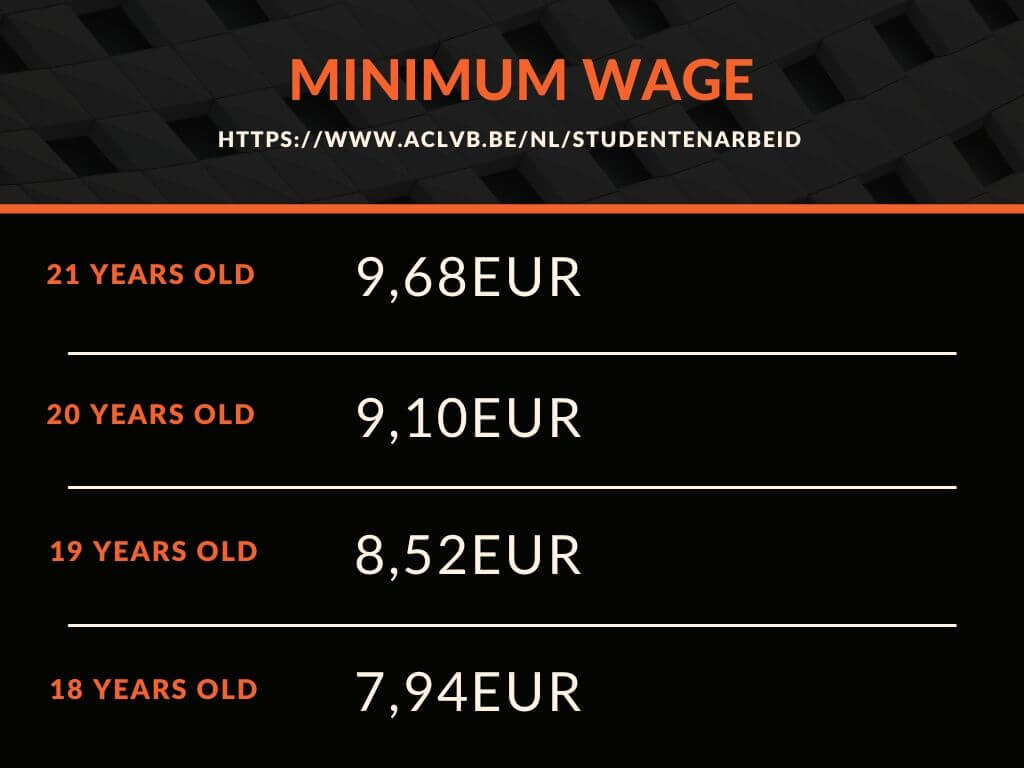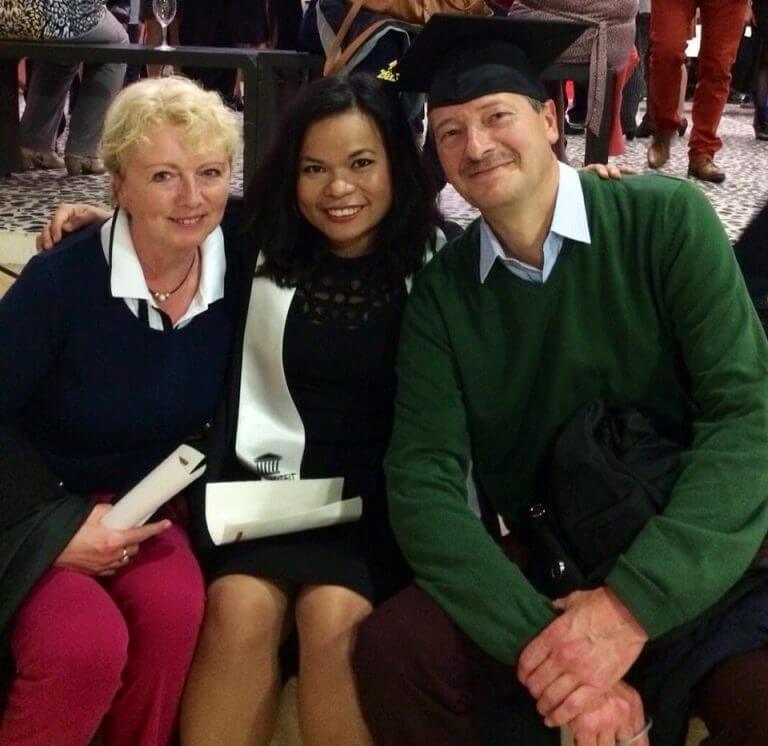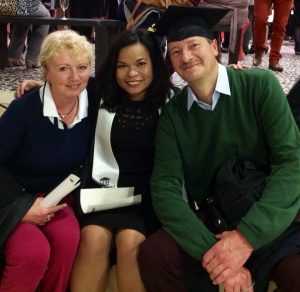Are you questioning how you can get a university degree in Europe? I want to share how I could study at one of the best universities in Europe without receiving any scholarships. I am from a middle-class family in Indonesia with four siblings. My parents can’t finance my higher education in Europe.
Education for all is a global movement led by UNESCO. The goal of this movement is that all children would receive primary education. In fact, until now, not all children have the same opportunity to receive the education they need or want.
Despite this movement, education is an expensive matter for many people, especially from developing countries. According to our world in data, there is less than 1% have completed higher education in many of the world’s poorest countries.


Education can be more expensive the developing countries than the developed countries.
In fact, the tuition fee for higher education in Belgium is, on average cheaper than in Indonesia.
Look at these data’s:
During my bachelor study at the State University of Jakarta, Indonesia, I paid around 50EUR per semester (100EUR per year). It was very cheap if I compared with the tuition fee that my brother had to pay yearly (320EUR) at Catholic University Saint Thomas, Indonesia. These were our tuition fees from school years between 2005 – 2009.
When I started my Master’s Degree at Ghent University in 2011. I paid 80EUR yearly on tuition fees from the start of my preparation year until 2015, the year I was graduated.
The fee I paid at Ghent University, Belgium, was lower than the fee at the State University of Jakarta, Indonesia.
This tuition fee of 80EUR was only for students from developing countries. I was an Indonesian passport holder, and I was entitled to enjoy this special tuition fee.
In the beginning, I was planning to study in another country.
Which country was it? check my post on Instagram below:
If you were not from developing countries, you could still afford to pay. It was less than 1000EUR for yearly tuition fee.
How much is the tuition fee for the Academic year 2019-2020?
For the academic year 2019-2020, the flat yearly fee has been raised to 110EUR for students from Indonesia, India, Cambodia, Nepal, Sri Lanka, Georgia, Haiti, Somalia, and many other developing countries (the list of developing countries 2014 – 2017 you can download here or here),
If you are not from a developing country, click here for the complete information about the tuition fees.
Don’t worry; it is all in English
Why is it so affordable?
The government subsidizes all higher education programs offered at public institutions.
Here they fulfilled their promise “education is accessible for everyone.” That’s why education is so affordable.
Okay, the study fee is quite cheap, how about the living cost? How could I pay all of the bills during my studies?
Many students have no chance to get any scholarship to study the major of their dream, but it doesn’t mean the stories end here. With hard work, you can too graduate from one of the best universities in the world without any scholarship.
If you are reading this post this far, by now, you will be thinking that studying abroad is not only about tuition fees but also the cost of living.
There is a saying, “if there is a will, there’s a way.”
I will not promise that it will be easy. It’s hard work, and there is no guarantee you will get your diploma.
I studied Bussiness Psychology at Ghent University, Belgium, and all without receiving any financial aid from the third party.
First of all, I followed Dutch preparatory courses and did a language examination to be able to study at Ghent University.
Why? Isn’t English enough?
Unfortunately, Bussiness Psychology at Ghent University is only taught and given in Dutch. Here is the list of other fields of studies in English, if you have no courage or motivation to learn a new language from zero to B2 (a level of proficiency which required). If you to know more about Preparatory language courses and tests, click here.
I have worked in many different jobs to support financial needs during my studies. I have worked as a cleaning service, a waiter in restaurants, sales operative in a shoe store, a worker in the pineapple farm, a breakfast assistant, a bartender during new year receptions, a bartender in a hotel with nightshift. All I was doing while studying and writing my thesis. Being so thirsty and want to grab all the possibilities I had, I was also learning French and getting my European driving license.
Check the caption on this post about one shameful situation in my class:
For some, it seems impossible, and for others, it looks obvious.
For me, it was hard work but possible.
How could this possible?
In Belgium, you can work during your study, and for a NON EU/EEA nationals with a student visa, You can work up to max. 20 hours per week.
Attention: You have to be a fulltime student to be able to work for max. Twenty hours a week, also in some cases, a work permit is required, depending on your citizenship.
How much could you earn?
You could earn a minimum of 630EUR to more than 1000€ per month. The student wage depends on the age and the number of working hours. In many sectors, you get paid double when you work on Sunday.



How much does life in Belgium cost?
Monthly rent for a single room is 454EUR (home Groningen and Göttingen, which is provided by Ghent University). You can also find a cheaper or more expensive place or studio around your faculties from individuals.
View the average amounts of prices in Belgium HERE.
If this information gives you the motivation to reach your dream and lights your heart, don’t stop there, check HERE first out as a starting point for degree and exchange students who consider studying at Ghent University.
Check also this information for more:
- All programs in the Ghent University
- Application & Administration
- Accommodation
- Scholarship possibilities for candidates from Developing Countries
In case you require more information, type your questions in the comment section.
With Love,
![]()
![]()
![]()








